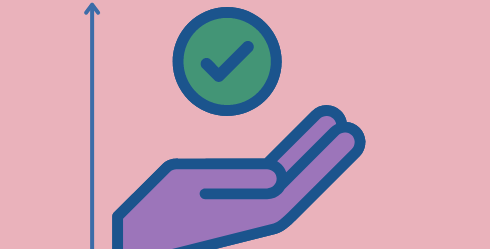Keyessuk® GLP‑1 Drops claim to offer Ozempic-level weight loss and blood sugar control using a “plant-based GLP‑1” from moringa, fenugreek, and bitter melon. But are these sublingual drops truly tapping into your hunger hormones, or simply cashing in on GLP‑1 hype?
In this review, I’ll examine what the product is, how its delivery system supposedly works, the science (or lack thereof) behind its ingredients, key red flags, and whether it’s worth your money or your health.
Key Takeaways
- Keyessuk markets itself as GLP‑1 technology via drops, claiming dramatic weight loss (20–25 lbs in 2–3 weeks), stabilized blood sugar, and no side effects, based solely on internal FAQs.
- The “GLP‑1” label is misleading; the ingredients are basic herbs and vitamins, not peptide agonists, and there’s no evidence they elevate GLP‑1 levels.
- Reddit users call it snake oil, noting it’s just berberine, cinnamon, vitamins, and trace minerals, not GLP‑1‐mimicking drops.
- Marketing uses classic funnel tricks: countdown timers, “one spot left”, subscription traps, unverified certifications, and unrealistic transformation stats.
- Safety is unconfirmed; claims of no side effects or drug interactions are unsupported and potentially dangerous for those on medications.
What Are Keyessuk GLP‑1 Drops?
This product is sold online under different brand names (SPZV®, STDEI®, etc.), all claiming to be GLP‑1 drops derived from natural sources like “plant-based GLP‑1” from fenugreek, moringa, and bitter melon. They come in small bottles (~50 ml) for sublingual or mixed consumption, with dosage instructions in the product FAQs.
How They Claim to Work
- Plant-Derived GLP‑1: Supposed “plant-based” GLP‑1 mimics hunger hormone activation.
- Boosts metabolism & appetite control with moringa, MCT oil, peppermint, citron oil.
- Stabilizes blood sugar & energy, with no tolerance, side effects, or weight rebound.
But no ingredient listed has been demonstrated to activate GLP‑1 receptors or replicate pharmaceutical efficacy.
Ingredient Science
- Berberine, cinnamon, pomegranate: May modestly improve blood sugar, but nowhere near GLP‑1 drug potency.
- MCT oil, peppermint, citron: Offer general metabolic or mood support—not hormone-driven appetite suppression.
- No GLP‑1 peptides or agonists; marketing appropriates the GLP‑1 name without pharmacological basis.
Red Flags To Consider
Misleading Glp-1 Claims
It implies pharmaceutical-level results using peptides like semaglutide, but the formula contains no GLP‑1, only herbs and vitamins.
Unverified “Clinical” and Safety Claims
Statements of 20–25 lbs loss in weeks and zero side effects are not supported by any public trials or peer-reviewed data.
Funnel-Tactic Marketing
Websites use scarcity, subscription bundles, “FDA/MHRA approved” language, and celebrity doctor quotes, all without evidence.
Scathing Reddit Reviews
Users call it “utter nonsense,” “snake oil,” and warn it’s simply berberine with vitamins, nothing GLP‑1 related.
Possible Drug Interactions
Claims of universal safety ignore potential interference with diabetes, heart, or cholesterol medications, risky without clinical data.
Does It Actually Work?
Highly unlikely.
Users may experience increased energy or slight appetite reduction, likely from MCT oil, herbal compounds, or placebo effects. But there’s no GLP‑1 mimicry, no proven weight loss efficacy, and no peptide-based mechanism. It’s a low-dose supplement with high-priced marketing.
Alternatives
Looking for real GLP‑1 support or weight loss aid?
- Doctor-prescribed GLP‑1 agonists (semaglutide, tirzepatide)
- Clinically dosed herbal supplements like berberine at 500–1,500 mg/day
- Fiber supplements (psyllium, glucomannan) known to support satiety
- Evidence-backed lifestyle changes: diet, exercise, sleep, and stress management
- Professional medical guidance for metabolic health conditions
Conclusion
Keyessuk® GLP‑1 Drops misappropriate “GLP‑1” terminology to sell a standard vitamin-herb mix using funnel tactics and unsubstantiated health claims. If you’re seeking real metabolic or appetite support, stick with clinically dosed supplements or consult a healthcare professional for legitimate GLP‑1 therapy. This product is too good to be true, and it is.
Also Read – Is the Kuyani Pillow Worth It? I Tried It and Here’s My Honest Review
